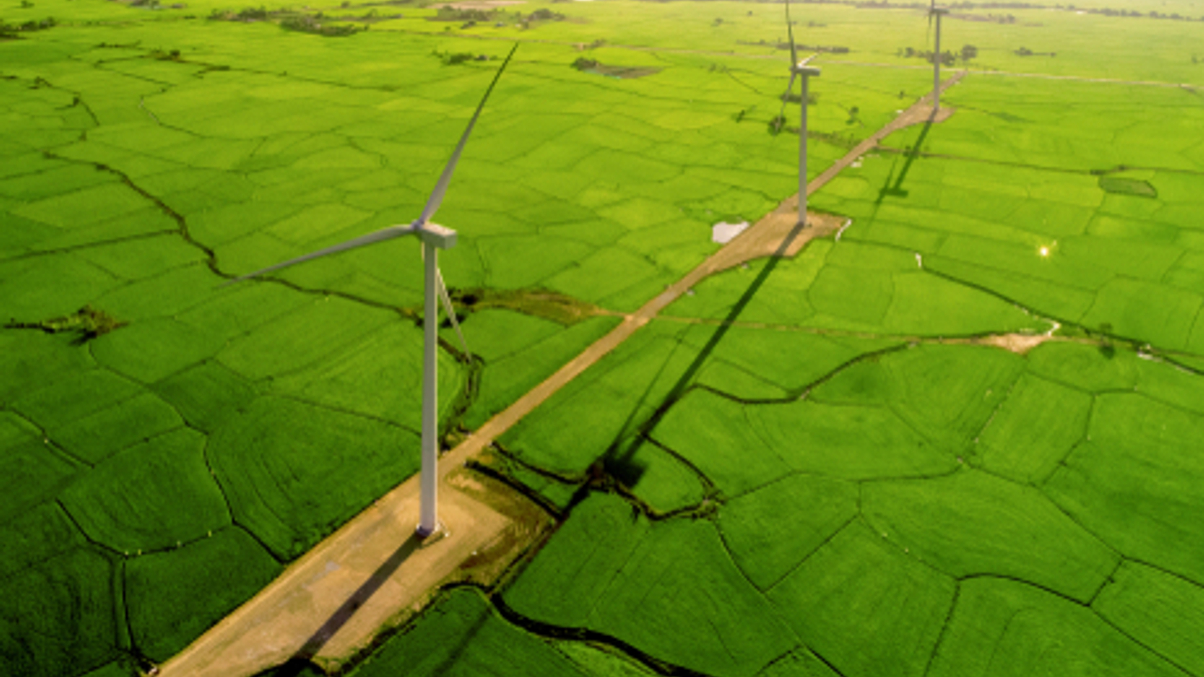Danish pension targets Asia for renewables ramp-up
The academics’ retirement fund – known for ditching its Chinese state-linked assets – plans to double its 6% allocation to climate investments amid an illiquid asset buildout.

Denmark’s AkademikerPension will at least double its 6% allocation to climate-related assets in the next decade as it adopts a more activist approach to the environment, and Asia will be a key plank in this strategy.
Sign in to read on!
Registered users get 2 free articles in 30 days.
Subscribers have full unlimited access to AsianInvestor
Not signed up? New users get 2 free articles per month, plus a 7-day unlimited free trial.
¬ Haymarket Media Limited. All rights reserved.


